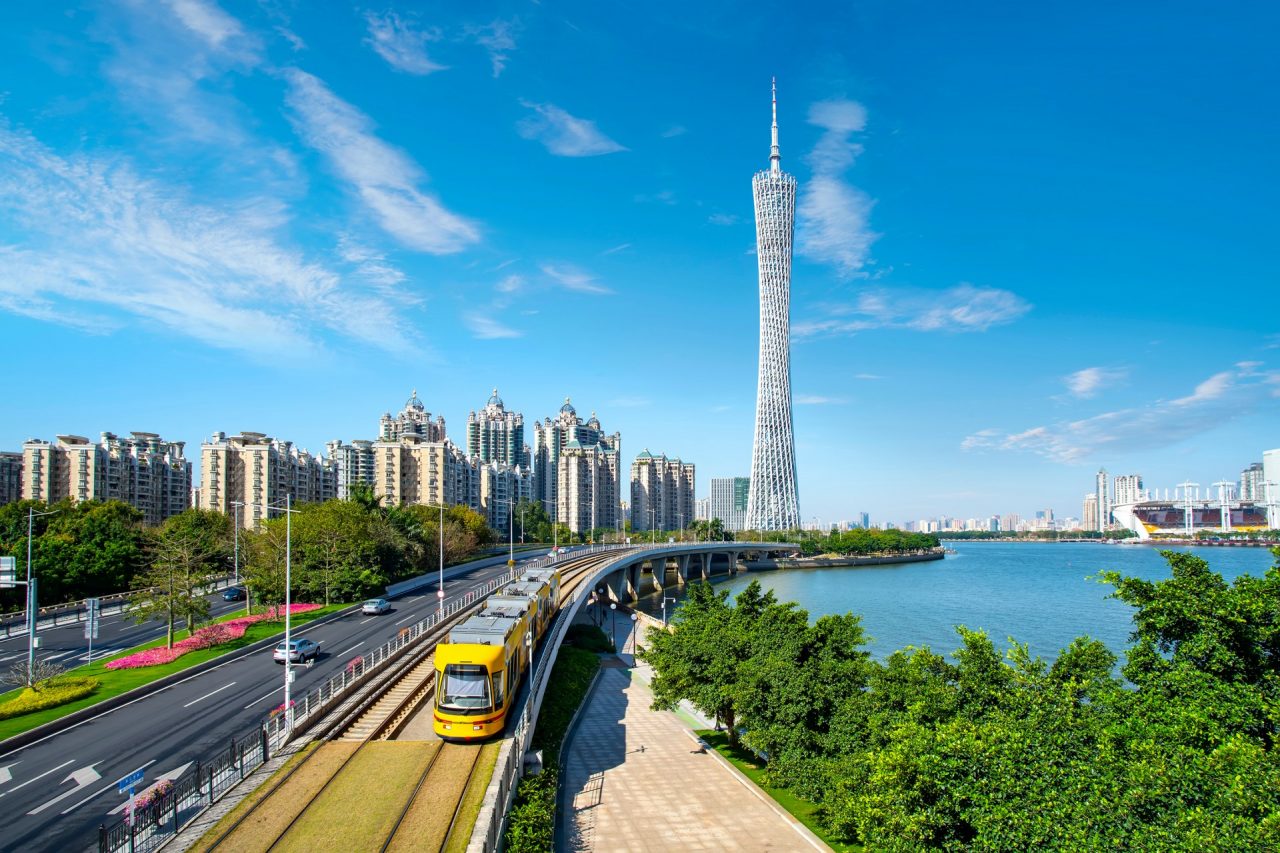Asian multilateral development banks are ready to lend heavily to new infrastructure projects as a response to the coronavirus-induced global recession. Both the Asian Infrastructure Investment Bank and the Asian Development Bank have unveiled ambitious short-term lending plans in recent weeks to countries implementing major infrastructure projects with a view to relaunching the economy.
The Asian Infrastructure Investment Bank’s proposal
The Beijing-based Asian Infrastructure Investment Bank said on April 3 it will create a crisis recovery fund to make $5 billion available quickly to its 78 member countries within the next 18 months. The AIIB, launched in 2014 by the Chinese government for the development of Asian infrastructure, will provide short term support to projects that can boost the continent’s economy.
The $5 billion is in addition to current lending programs and could be increased if needed, it said.
“If the demand is much bigger, it is possible for us to increase the amount, with the approval of our board,” said Jin Liquin, the bank’s president and chairman said to the Financial Times. “The crisis has laid bare the vulnerability of so many countries. We need to focus on building up the public health infrastructure.”
Currently, 20 of the 78 member states of the bank have requested help from the institution to combat the economic effects of the virus. India is one of the Asian countries may suffer the greatest repercussions of this emergency.
The lending will support large infrastructure projects in accordance with the AIIB’s mandate. But it will be partly directed towards direct “soft” infrastructure like healthcare and virus testing. The AIIB said it wants to help member states facing recession and massive unemployment this year.
The Asian Development Bank's proposal
The Asian Development Bank unveiled its own $6.5 billion lending package on March 18 and is now seeking to expand it. The bank was established in 1966 by the United States, Japan and a number of European countries with the aim of promoting the development of Asian nations and the Pacific area.
Interviewed by the Financial Times, Yasuyuki Sawada, chief economist of the bank, explained that the institution has “quickly compiled the resources available to help out member countries and announced $6.5bn,” he said on April 3. “But now, in the last two weeks, are working very hard to mobilise additional resources. We can provide more support.”
According to ADB’s Outlook 2020, published in the midst of the coronavirus crisis, prompt investments are necessary to avert the risk of a financial crisis triggered by the collapse of commodity prices and tourist flows.
The Asian Development Bank has therefore decided that financial support will be directed primarily to Asian developing countries, with a view to cooperation with regional development banks.
U.S. debate on infrastructure support is growing
While China, as well as the big Asian development banks, are preparing economic recovery programmes based on infrastructure spending, the United States of America is also looking to infrastructure to repair the economic damage of the virus.
A tweet from President Donald Trump (see “We Build Value” story April 3) launched a proposal to spend $2 trillion on infrastructure projects. Trump’s announcement triggered both Republicans and Democrats in Congress to talk about the next stage in the fight against the coronavirus to stimulate the economy once the health crisis is over.
As the New York Times reports, a convergence between President Trump’s previous proposal and the projects supported by the Democrats is taking shape in Washington D.C., after the two parties had clashed for years over how to structure an infrastructure spending plan.
Now the coronavirus emergency and the loss of millions of jobs have convinced politicians of all stripes that some sort of New Deal-like jobs programme will have to be enacted to revive the economy, the paper said.
“The president very much wants to rebuild the country, and with interest rates low, that’s something that’s very important to him,” said Steven Mnuchin, the Treasury secretary, on CNBC April 1. “We expect there will be more bills, and we think it is a great time now to invest in infrastructure.”
The question now is how to find a meeting point specifically for the projects that need support. Railways, public transport, ports, airports, but also energy conversion are among the most important sectors. The debate is open, and the way forward seems to be clear, said Peter A. DeFazio, Democrat of Oregon and Chairman of the House Transportation and Infrastructure Committee.
“There is no one on either side of the aisle who doesn’t believe our infrastructure needs to be reconstructed,” said Representative DeFazio. “We’re going to need to retool America, rebuild our infrastructure and I think it is absolutely a key part of this whole package. We’re looking forward.”


